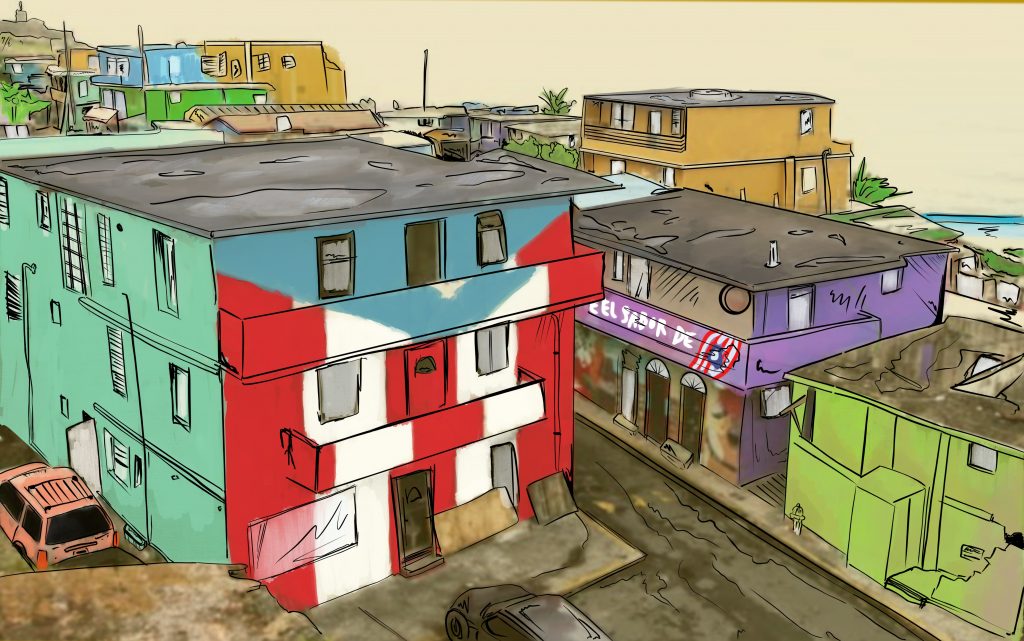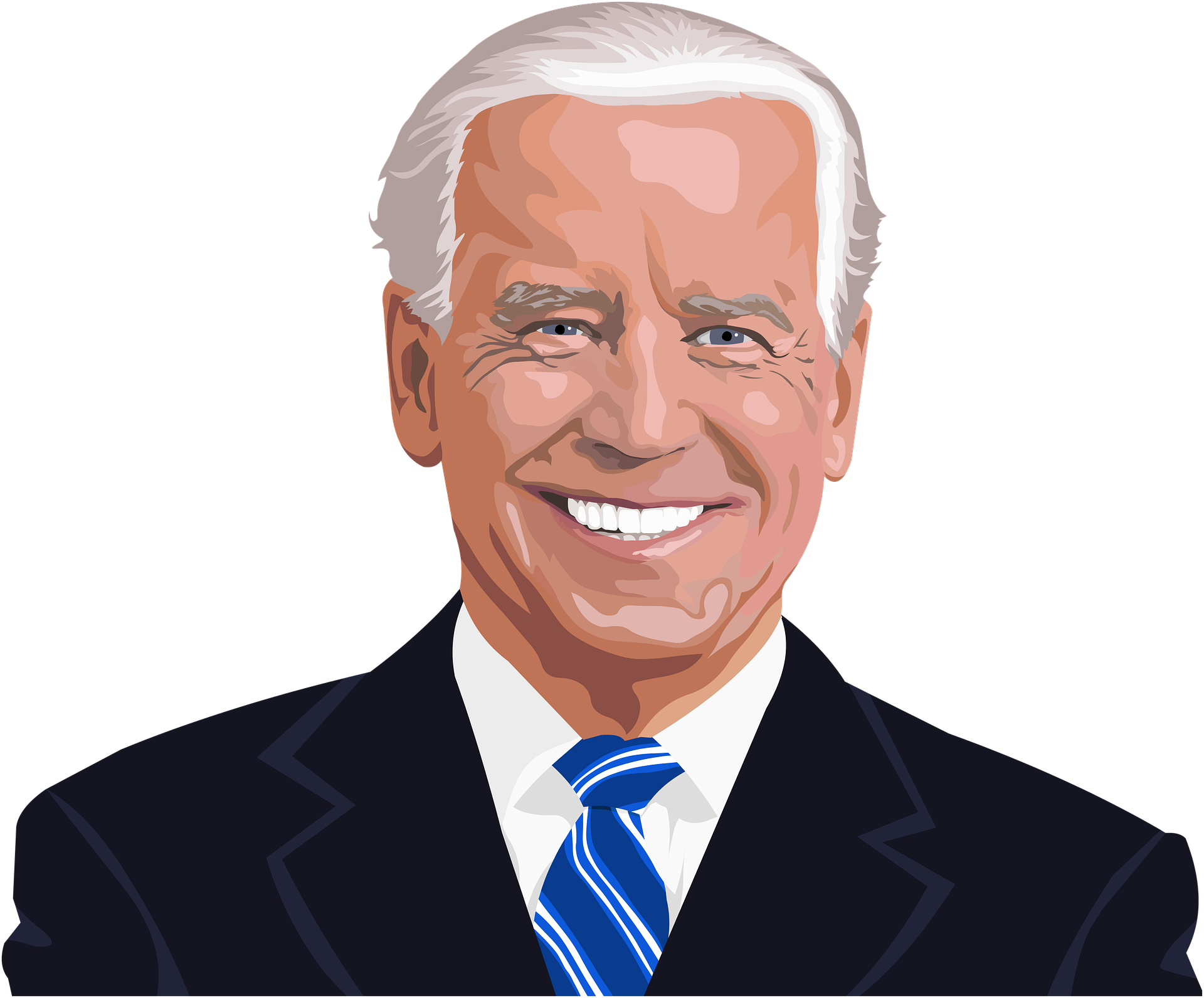Exotification: minimizing the individual
I am more than a momentary curiosity.
Do not ask me if I speak Spanish. Do not tell me I am exotic or call me tropical.
My language is not a tool for your amusement. My heritage is not a fun fact about me. These are my blood and the suffering of my ancestors. You create me as the ‘other’ when you ask for a change in my tongue; when you speak of me like a fruit in the supermarket from an unknown and distant land. You remind me that despite being born on this soil, America is not mine. That despite my blood being native to the Americas, whiteness is the new claim to this land. You remind me that my bonds have been torn from me even before I could make them.
I am grasping for something, but it is never enough. I can never be American because my skin is not white, my hair is curly and my eyes are as dark as the night. I can never be Puertiqueña porque I have only set foot on the archipiélago once in my life and the language has been lost to my tongue and to my ears. I have searched for it and gathered pieces. But it still escapes me, and it cuts me each and every time I try to wield it.
I am reminded of the blood that dripped from the swords of the colonizers as they forced their language onto the tongues of my ancestors. The only language many of us have left to claim. You remind me that the blood of my father has that of the colonizer in it, that both last names he bares are of Spain: one referencing the birth of Christ, and the other denoting our color — a mix of indigenous and afro-descent, a history long erased but slowly coming back.
You remind me that on my mother’s side I carry the blood of oppressors as well, the white colonizers that set foot on this land long ago trying to claim it for themselves. The very reason I am not enough for this land now. You remind me of the war that is happening in my veins; the hot blood that pours from me every time those words escape your careless mouth cutting me open and spilling out my history.
“Though words like ‘exotic’ may not seem insulting, the message they convey is that ‘exotic-looking’ individuals have features that are outside of the social norm … this perpetuates the idea that white culture is the norm — a destructive narrative that holds roots in this country’s controversial colonialist history,” Kat Sotelo explains in “A dive into the degrading world of fetishization Latinas live in.”
These actions are not harmless. They minimize cultures, languages and peoples. They turn us into nothing more than a momentary curiosity. Creating us as an exotic ‘other,’ something not truly to be understood but rather something to be amused with, and to be experienced on the shallowest of levels.
Kat Sotelo further explains that “the exclusionary nature of white cultural normalcy may act as a barrier to the cross-cultural understanding necessary in the United States’ tumultuous socio-political climate. Racial fetishization, an issue inside and out of the bedroom, degrades an individual to a single identifier and suggests a notion of bodily conquest. Instead of valuing the person, a ‘fetishizer’ values a fantasy.”
Whether the comments are intended sexually or not, exotifying us in this way creates us as objects, effectively stealing our autonomy and control over our own narratives. It allows you to create whatever idea you want of us, and then hold us to that expectation.
We owe you nothing based on your perceptions. My tongue and my body are mine. They do not have to meet your expectations and should not have to be carved into pieces to please you.
This body is the body that I have to live in, and it is for me. The blood that runs through it tells a story, but it does not owe anything to you, it does not have to pour from my veins at your command. And this tongue is the tongue that one day will guide me back to the language of my people. The language that we created as our own despite its brutal history, but it does not owe you a word.
I do not owe you a word. I do not owe you anything.



